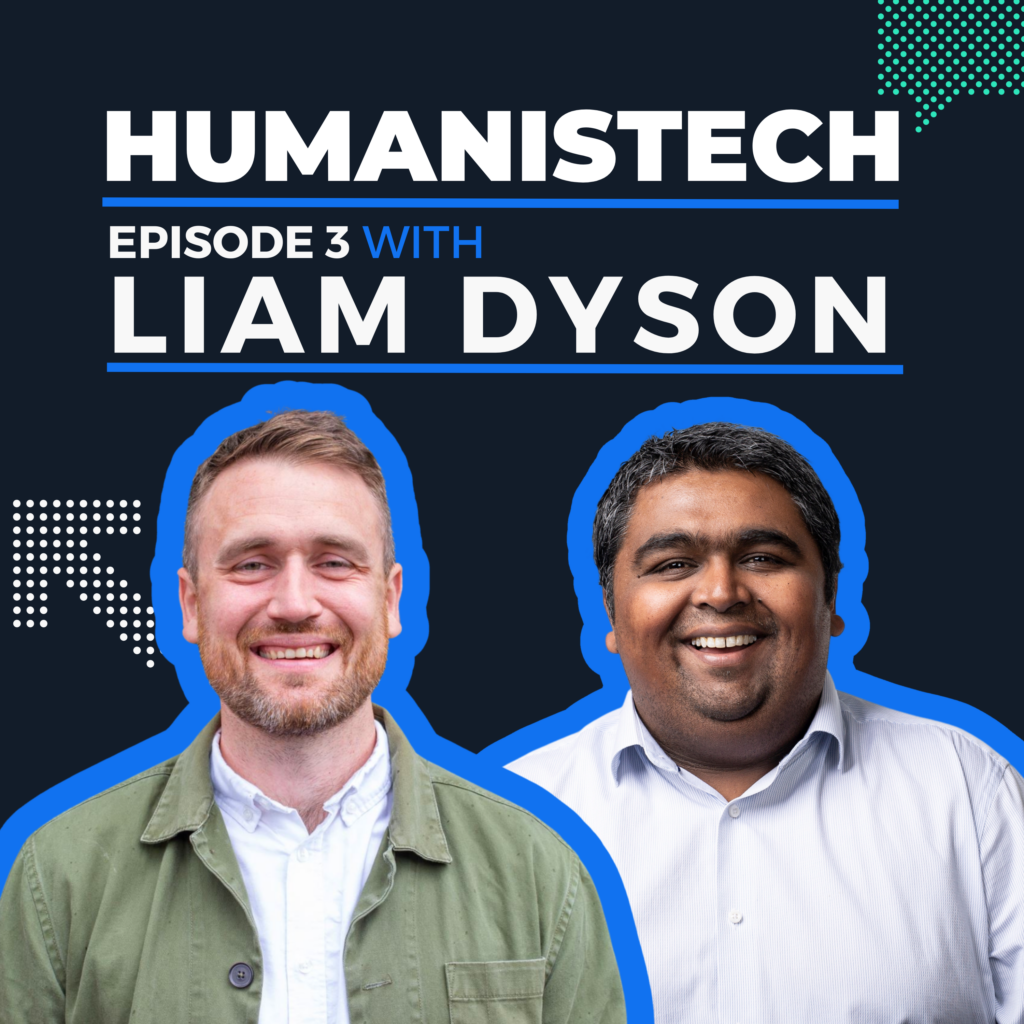One of the key takeaways from last month’s annual Facebook Developer conference – F8 – was that Facebook is making headway on reversing the stigma attached to Messenger. Since its introduction‚ Messenger has gained a bad rep on several fronts‚ such as exploiting users’ data‚ by suddenly making it very valuable to developers‚ start-ups and established businesses alike.
Messenger Platform is the next iteration of Facebook Messenger‚ and as hedgehog lab discovered at F8‚ it unlocks a whole host of opportunities to those within the world of customer service and application development.
Customer Service
Messenger has an immense potential to improve customer service; Facebook has announced that customers will now be able to interact directly with brands to order‚ pay and enquire the status of orders and deliveries‚ using partners such as Zendesk. Whilst some may see this functionality as overkill‚ the fact that Messenger now has 600 million users means that tying the user and business deeper into the Facebook ecosystem is both convenient and somewhat logical. By placing itself at the heart of business communications‚ Messenger’s utility could increase drastically for businesses and consumers.
The true innovation here is the removal of the email trail – separate emails that are released to the customer to identify the status of an order. Whilst our inboxes have become much smarter over the last few years (with Google Inbox and Mailbox App for example)‚ Messenger is a single feed of activity that can connect you directly to a customer service representative in real time. It displays when a message has been read‚ and whether they are typing. Further to that‚ a card-based rich integration with services such as FedEx will allow for easier product tracking. No longer are you required to open the relevant email‚ copy a tracking number‚ visit the website and so on – now this can be done in one feed‚ with minimal interaction from the end user.
Facebook has launched this service to pilot with a handful of partners in the US. However it’s widely anticipated that this will be opened up to the wider market towards the latter end of 2015‚ providing substantial enterprise opportunities across the B2C sector.
Messenger Content Apps
Do you sometimes struggle to find that perfect emoji or animation to express your opinion? Fear no more‚ because Facebook has found a way to open up the platform to third party app developers – albeit hand-selected ones at present. In the near future‚ you’ll be able to import content from an external application and/or a housed application within the Facebook Messenger App Marketplace (also set to launch soon)‚ to widen the range of emojis available.
This ultimately gives brands the power to create new‚ shareable and light-hearted content‚ without having to develop intrinsic messaging systems of their own. And with Messenger’s 600 million strong user base‚ this power should not be underestimated. For example‚ one of my favourite services in the world is Giphy‚ because it allows you to have whole conversations in GIF format‚ in a natural and accessible way. Now‚ users will be able to pick and choose from Giphy’s thousands of GIFs‚ to share with their friends via Facebook Messenger.
We’re yet to discover the full extent of this potential for brands. However if you imagine a world where your content can be accessible and shareable in seconds‚ with few barriers to entry‚ that’s the vision behind this most recent announcement.
Other F8 Announcements
The announcements at F8 didn’t stop there – some of which could really shake up the marketplace in the coming months. One such development focused on Parse for IoT (internet of things – like wearables)‚ meaning that software development kits will soon be available for companies such as our own‚ to quickly create and deploy IoT applications.
Another interesting product that Facebook is planning to introduce is in-app analytics. Following in the footsteps of Twitter Fabric‚ Facebook has recognised the need to become more a product-led organisation‚ and to give developers more opportunities rather than acting as an insular entity that locks in its data. Keep an eye out for developments – we’re expecting an in-app analytics war to unfold between the two social media giants.
Finally‚ the introduction of spherical videos (hello Oculus acquisition!) is worth a mention from F8. The ability to feature live comment updates and embed publisher videos both allow for amazing marketing opportunities in the coming months.
Summary
Messenger is evolving fast‚ and if F8 taught us one thing it’s that Facebook is listening to the feedback of businesses‚ app developers‚ and users alike to enrich its platform for the better. We expect 2015 to be a fast-paced one for Facebook Messenger‚ and we’ll be keeping you up to date as it continues to develop.






